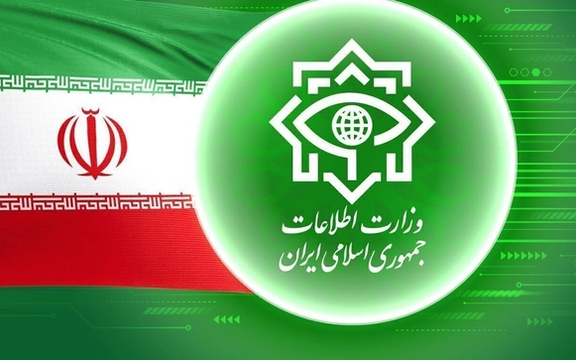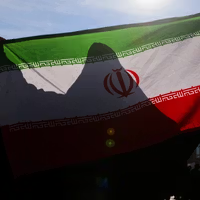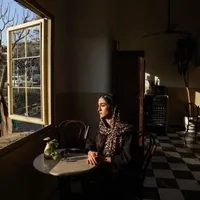The hour-long interview, part of the “Story of the War” documentary series produced by the Islamic Propaganda Organization, was scheduled to air on Saturday. But to the public's surprise, it was rejected by the state broadcaster IRIB without explanation.
Instead, the segment was uploaded on Sunday to the organization’s YouTube channel, ON TV. Clips quickly spread across social media.
On X, Araghchi’s media adviser, Mehran Ranjbaran, confirmed IRIB had blocked the broadcast, validating widespread suspicions online.
What did Araghchi say about the war?
Araghchi made several notable disclosures—some politically sensitive. Perhaps most strikingly, he admitted to direct and ongoing contact with US negotiator Steve Witkoff throughout the conflict via messaging apps.
“I posted the tweet announcing the end of the war after coordinating with higher authorities. The system had already decided in advance that if the other side stopped the attacks, without any preconditions, we would stop as well,” he said.
In Iranian political jargon, the system (nezam) usually refers to the Supreme Leader Ali Khamenei.
He added that when confusion arose over ceasefire terms, “Right then and there, I messaged Witkoff and told him that Israel was making excuses and accusing Iran of violations—which hadn’t happened—and that if they took any action, we would respond immediately and more forcefully than before.”
Araghchi claimed that the US President Donald Trump then ordered Israeli pilots to stand down—proof, he said, that Israel had been acting in coordination with the US all along.
Khamenei has on several occasions confirmed that the foreign ministry only carries out the decision made by the Supreme National Security Council (SNSC). The council’s decisions can only be implemented after his endorsement. Araghchi's remarks, therefore, highlighted his responsibility for all decisions taken related to the war.
The retaliation debate
Araghchi also pushed back against hardliners’ claims that President Masoud Pezeshkian had opposed retaliatory action for the killing of Hamas leader Ismail Haniyeh in Tehran last year.
According to him, Iran’s Armed Forces Chief of Staff Mohammad Bagheri, who was killed in the war, firmly dismissed such allegations.
Bagheri, according to Araghchi, said he was responsible for defending the country and would carry out his duty the moment he was sure he could protect the country from the consequences of retaliation. “He said he hadn’t even asked the President yet,” he added.
Many believe the official who criticized Pezeshkian was IRIB’s head Peyman Jebelli who is sometimes invited to the SNSC’s sessions.
Some of Bagheri’s positions had come under fire in the months leading up to the war from ultra-hardline outlets like Raja News, which is affiliated with Iran’s Paydari Party.
Public reaction
Araghchi’s disclosures have triggered strong responses from journalists, analysts, and online users. Many condemned IRIB’s refusal to broadcast the interview.
“Either Araghchi is not the foreign minister of the Islamic Republic of Iran, or the national broadcaster is not truly national. Logically, it can't be anything other than one of these two,” political analyst Erfan Pazhuhandeh wrote on X.
IT expert Mohammad Keshvari similarly criticized the IRIB in a post on X. “The untold stories of the war—told by the Foreign Minister—something any sensible TV network would jump at the chance to broadcast, ended up being aired by the online platform ON. These same people will then complain that they can't compete with online platforms.”
“It’s understandable why the national broadcaster didn’t air the interview—because it brings everything that they have said against the diplomatic apparatus into question,” journalist Ehsan Taghadosi remarked on X.
IRIB and the ultra-hardliners
IRIB is led by figures close to Iran’s ultra-hardline Paydari Party and former nuclear negotiator Saeed Jalili. The latter’s brother, Vahid Jalili, serves as the organization’s deputy head in cultural affairs.
Vahid Jalili,an official member of the Paydari Party, has considerable influence over IRIB’s editorial direction and programming decisions.
Under Jebelli and Vahid Jalili’s leadership, IRIB has become a mouthpiece for Paydari-aligned narratives, often downplaying diplomacy in favor of confrontation with the West and Israel.













